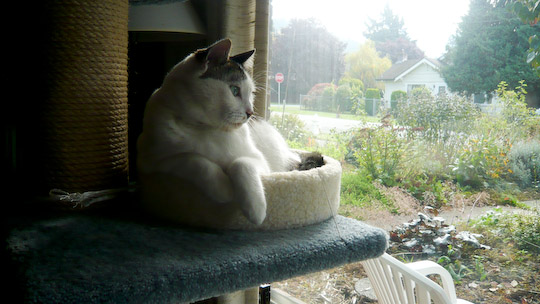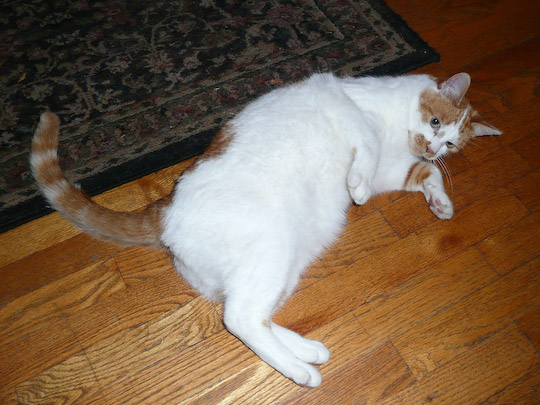 Murder mystery set in an English country house. Alternates chapters with the points of view of a Scotland Yard inspector and the newlywed wife of a prime suspect. What sets it apart from other “cosy” mysteries is that it takes place in an England that chose to sign a treaty with Hitler. Matters are complicated by the fact that the victim negotiated the treaty and the manner of his death throws suspicion on the only Jew who happens to be around.
Murder mystery set in an English country house. Alternates chapters with the points of view of a Scotland Yard inspector and the newlywed wife of a prime suspect. What sets it apart from other “cosy” mysteries is that it takes place in an England that chose to sign a treaty with Hitler. Matters are complicated by the fact that the victim negotiated the treaty and the manner of his death throws suspicion on the only Jew who happens to be around.
My clumsy summary does not do justice to Walton’s delicate and nuanced narrative. This is a carefully written and deeply thought book that reads like a potboiler. And while it’s easy to dismiss any comparison of current events with those of WWII as hyperbolic, it’s difficult to deny that there is some resonance. Enough that even though I read the book very quickly the characters and situations have stayed knocking around my head even here over a month after I finished it.
Her second book in this setting just came out (Ha’penny) and there will be one more forthcoming.
 Largely a sequel to The Onion Girl, but this one doesn’t start with Jilly Coppercorn. Instead, the entry to the story is when fiddler Lizzie Mahone, her car broken down at a lonely crossroads, disrupts a bit of rogue unseelie business making friends and enemies in the process. When the second fiddle player in Lizzie’s band is injured, the band calls Geordie Riddell to fill in and Jilly comes along for the ride. Mayhem ensues when Jilly and Lizzie both disappear in the night and the folks left behind have to try to find them and bring them back.
Largely a sequel to The Onion Girl, but this one doesn’t start with Jilly Coppercorn. Instead, the entry to the story is when fiddler Lizzie Mahone, her car broken down at a lonely crossroads, disrupts a bit of rogue unseelie business making friends and enemies in the process. When the second fiddle player in Lizzie’s band is injured, the band calls Geordie Riddell to fill in and Jilly comes along for the ride. Mayhem ensues when Jilly and Lizzie both disappear in the night and the folks left behind have to try to find them and bring them back.
 In 2002, Mitch Kapor founded a new company to build a personal information management software product called Chandler. Rosenberg’s book uses Kapor’s company as an entryway into the big questions about software: why does it take so long? why is it so hard to make it good?
In 2002, Mitch Kapor founded a new company to build a personal information management software product called Chandler. Rosenberg’s book uses Kapor’s company as an entryway into the big questions about software: why does it take so long? why is it so hard to make it good?
 Attack of the Bacon Robots and Epic Legends of the Magic Sword Kings are the subtitles of these first two collections of the uber gaming geek web comic
Attack of the Bacon Robots and Epic Legends of the Magic Sword Kings are the subtitles of these first two collections of the uber gaming geek web comic  Picked this up for a reread after seeing the recent film version. This is one of Gaiman’s stream of consciousness books. It reads like he started in to writing one day with a vague idea of where the story would end up and inserted amusing or surprising events until the book was thick enough. Of course Gaiman is a good enough wordsmith to make the resulting book pleasant to read in spite of the potential for calamity in such an approach. Not a masterpiece, but an amusing diversion.
Picked this up for a reread after seeing the recent film version. This is one of Gaiman’s stream of consciousness books. It reads like he started in to writing one day with a vague idea of where the story would end up and inserted amusing or surprising events until the book was thick enough. Of course Gaiman is a good enough wordsmith to make the resulting book pleasant to read in spite of the potential for calamity in such an approach. Not a masterpiece, but an amusing diversion.


